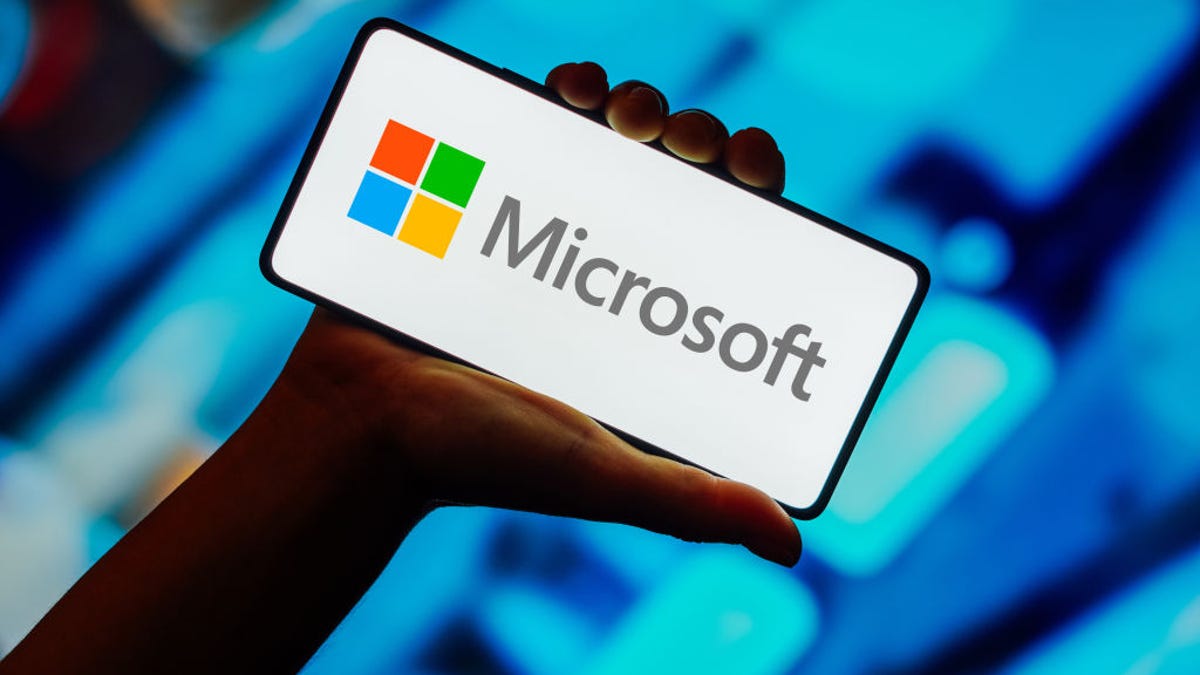On Thursday, Microsoft, a major shareholder of OpenAI, restricted the access of its staff members to ChatGPT citing “security and data issues.” Microsoft employees were initially denied access to ChatGPT, an AI robot developed by OpenAI, in which Microsoft has a significant investment amounting to over $13 billion, as reported by CNBC.
As per a statement on the company’s website, “Due to concerns regarding security and data, several AI tools are no longer accessible for users,” CNBC reported. Consequently, ChatGPT was among the tools prohibited for use by Microsoft employees.
The question of whether AI is beneficial or detrimental to employees remains a complex one.
Following the publication of CNBC’s report, Microsoft reinstated access to ChatGPT and removed it from the list of restricted tools. They mentioned, “We promptly restored the service upon identifying our mistake.” As reiterated earlier, both staff and clients are encouraged to utilize enterprise versions such as Bing Chat Enterprise and ChatGPT Enterprise, which offer enhanced privacy and security features.
The incident of Microsoft prohibiting the use of ChatGPT by its employees is particularly surprising given the close partnership between Microsoft and OpenAI, highlighted by Microsoft CEO Satya Nadella and OpenAI CEO Sam Altman sharing the stage at the company’s recent engineering conference.
For approximately a year, Microsoft has been collaborating with OpenAI, making substantial investments in the company’s AI systems and integrating them into features like Bing Chat. Bing Chat, powered by GPT-4, serves as an AI bot with web capabilities, revolutionizing online searches.
GPT-4, a more advanced model compared to the one behind the free version of ChatGPT, is accessible through an OpenAI chat subscription or via Microsoft Bing Chat.
Another innovative OpenAI technology, DALL-E 3, is also deeply embedded in Microsoft’s AI infrastructure, enabling users to generate images using IoT through Bing Chat or the BING Image Creator.
Since its launch almost a year ago, ChatGPT has emerged as a dominant force in the AI landscape with over 100 million users. Reports have surfaced of individuals leveraging ChatGPT for tasks like reading books and academic papers, praising its user-friendly interface and robust content creation capabilities, which have drawn significant attention.
Following revelations of employees feeding ChatGPT with personal scripts for debugging purposes, certain companies, including Samsung, have imposed restrictions on the use of the AI chatbot on corporate devices.






